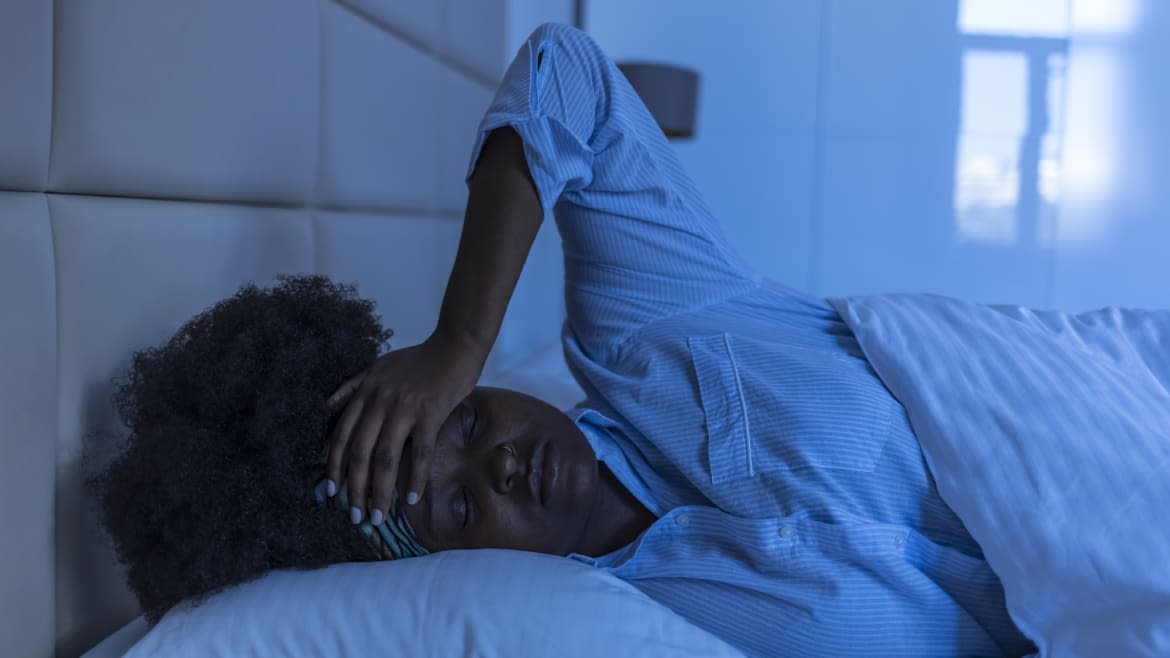Daylight Savings Turns Us Into Terrible People, Study Finds

Add it to the long list of reasons to loathe daylight savings time: New research found that Americans were measurably less altruistic when they set their clocks forward an hour, potentially due to a lack of restful sleep. The study linked sleep to altruism outside of DST too—raising intriguing questions about the nature of helpful behavior.
The study, which was published on Tuesday in the journal PLoS Biology, detailed results from three trials that measured altruism in different ways. University of California, Berkeley sleep scientists first measured 23 individuals’ willingness to help both strangers and people they knew after restful and disrupted sleep. The researchers found that just one night of sleep deprivation was linked to a reduction in the participants’ desire to help others.
The U.S. Is Now One Step Closer to Never Changing the Clocks Again
Next, the UC Berkeley team had 136 people self-report the duration and quality of their sleep for four days, and also answer questionnaires about their daily capacity for altruism. The people who reported worse sleep quality scored significantly lower on the helpfulness questionnaires.
Finally, the researchers obtained state-specific donation data from DonorsChoose, a public charity that raises money for classroom projects. After analyzing more than 3 million donations between 2001 and 2016, they found that people from states that observe DST gave significantly less money on average to charity the day following the switch—several dollars’ difference. The donations bounced back roughly a week later, but still remained lower than pre-DST amounts.
“It certainly is eye-grabbing, intriguing, and very creative to look at three different levels of where those effects of inadequate sleep might take place and contribute to a lack of altruistic behavior,” Edward Pace-Schott, a Harvard Medical School psychiatry researcher who was not involved in the study, told The Daily Beast. “People can relate in their own lives to that experience of not wanting to deal with things when they are tired.”
Still, Pace-Schott said the research doesn’t explain observations of extreme altruism coupled with sleep deprivation, such as people helping out others during and after natural disasters, members of the military, and new mothers. However, the study does demonstrate that even relatively small changes in a person’s sleep can affect their willingness to help others out, he added.
The study adds to the robust body of research about the negative effects of DST, which include an increase in fatal traffic accidents and heart attacks. And the switch back to standard time didn’t make up for people’s stinginess either. According to the study, this may be because people do not always sleep an extra hour when they set their clocks back an hour, whereas they almost always lose an hour of sleep when switching to DST. Still, Pace-Schott said this study alone is unlikely to move the needle on the debate.
“It's so ingrained in society and people's jobs that I think that it's going to take a lot more than this to get states to change,” he said.
Got a tip? Send it to The Daily Beast here
Get the Daily Beast's biggest scoops and scandals delivered right to your inbox. Sign up now.
Stay informed and gain unlimited access to the Daily Beast's unmatched reporting. Subscribe now.


